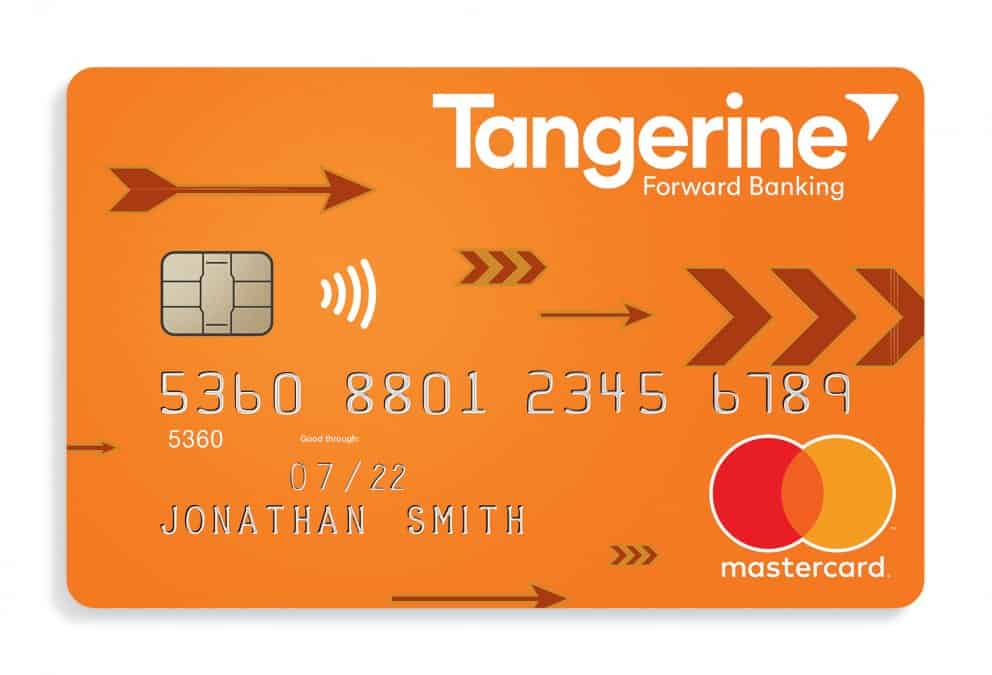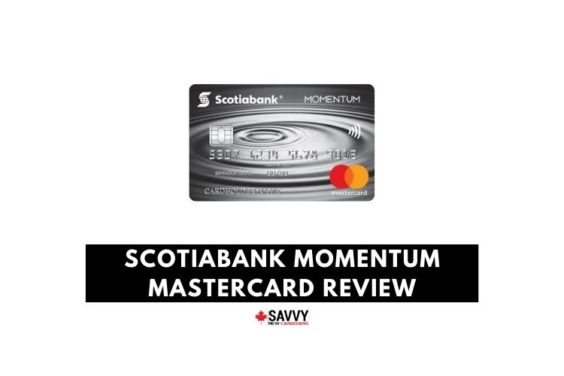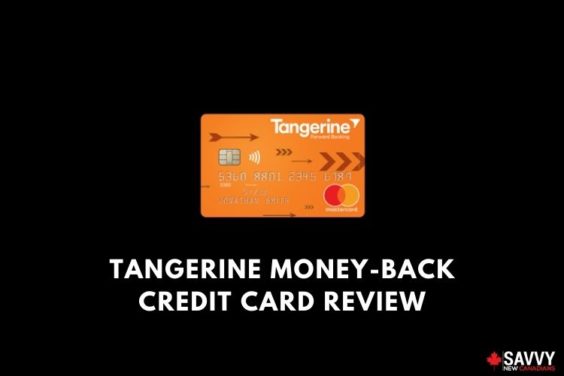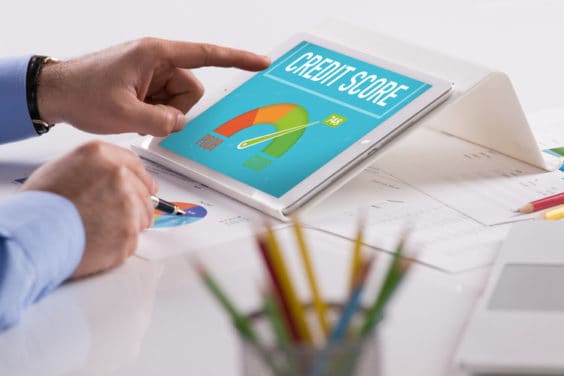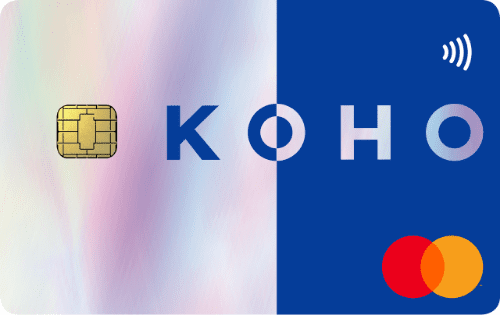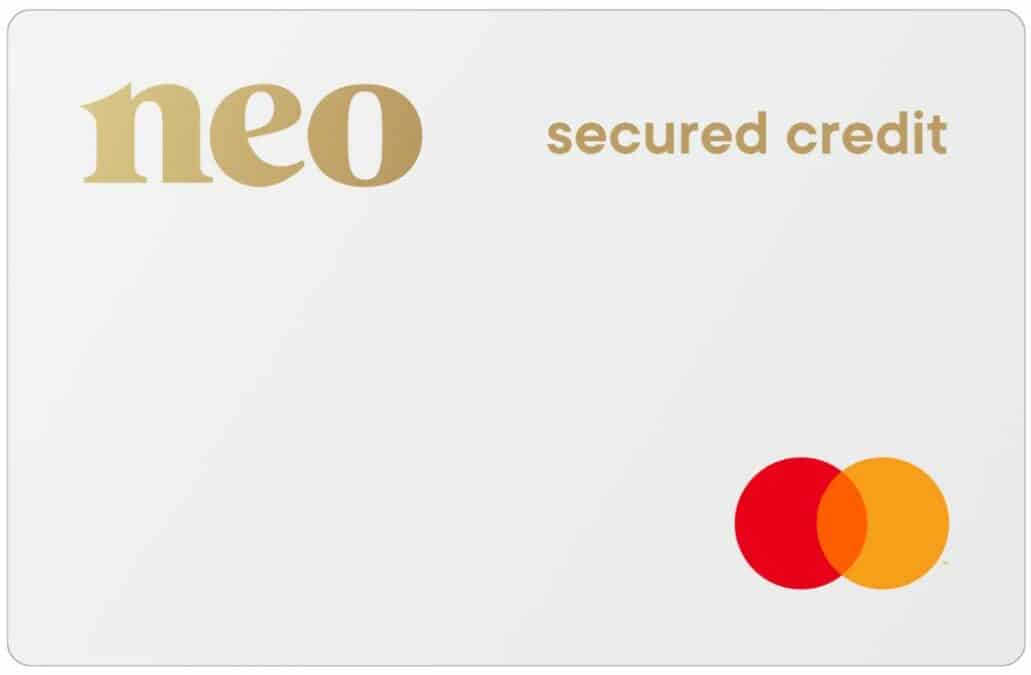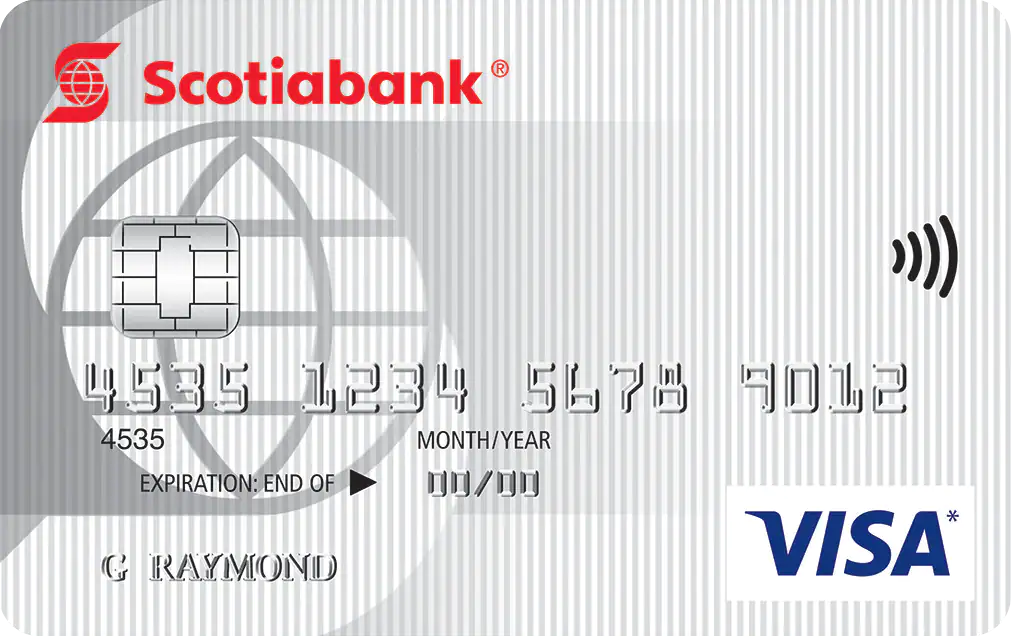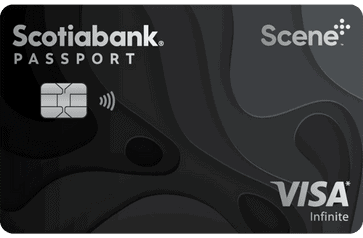Students can use an RBC student credit card to build their credit history during their time in college or university.
My first credit card was an RBC Rewards Visa Card in 2011 when I was a post-grad student at the University of Manitoba. While this card is now discontinued by RBC, it served me well back in the day, even though I had to secure it with a $1,000 deposit.
In addition to building your credit history and score using a student credit card, it can also help you develop good financial habits.
Using your credit card responsibly is very crucial as a student. If you don’t, you can damage your credit profile and be unable to apply for personal loans, car loans, or a mortgage in the future.
Read on to learn about RBC’s student credit cards, the rewards and protection they offer, alternative student credit cards, and how to apply for one.
RBC Student Credit Cards in Canada
The Royal Bank of Canada has three credit cards that are specifically designed for students:
- RBC ION Visa
- RBC ION+ Visa
- RBC Cash Back Mastercard
The RBC Rewards+ Visa and Signature RBC Rewards Visa are no longer advertised on their website.
RBC ION Visa Card
RBC ION Visa
Entry-level RBC rewards credit card
Annual fee: $0
Welcome offer: Get 3,500 bonus Avion points following approval.
Rewards: Earn 1.5x Avion points per $1 spent on groceries, rides, gas, streaming, subscriptions, digital gaming, and EV charging; 1 Avion point for every $1 spent on all other purchases.
Interest rates: 19.99% on purchases and 22.99% on cash advances.
Minimum income requirement: None
Recommended credit score:
Good or better
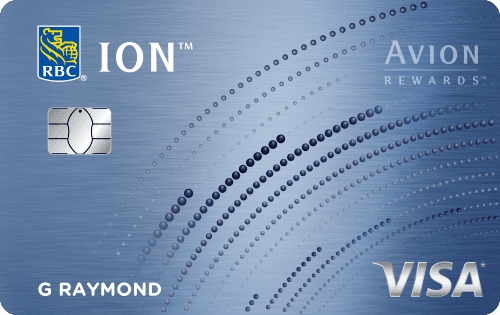
On RBC’s website
The RBC ION Visa has no annual fees and is one of RBC’s entry-level credit cards for students and newcomers.
You earn 1.5x Avion points per $1 spent on groceries, gas, digital gaming, subscriptions, EV charging, daily transit, and rideshares. On all other purchases, the earn rate is 1 Avion point per dollar spent.
Avion points can be redeemed to pay your bills or credit card balance and for gift cards, merchandise, Apple products, and other rewards.
The RBC ION Visa Card includes purchase security and extended warranty insurance. When linked with your Petro-Canada Card, you earn 3 cents per litre on fuel purchased at Petro-Canada gas locations.
New cardholders also benefit from welcome bonus points and a complimentary 3-month DashPass subscription.
RBC ION+ Visa Card
RBC ION+ Visa
Entry-level RBC credit card
Annual fee: $48
Welcome offer: Get 3,500 bonus Avion points following approval, and earn 3,500 bonus points when you spend $500 in the first 3 months.
Rewards: Earn 3x Avion points per $1 spent on groceries, rides, gas, streaming, subscriptions, digital gaming, and EV charging; 1 Avion point for every $1 spent on all other purchases.
Interest rates: 19.99% on purchases and 22.99% on cash advances.
Minimum income requirement: None
Recommended credit score:
Good or better
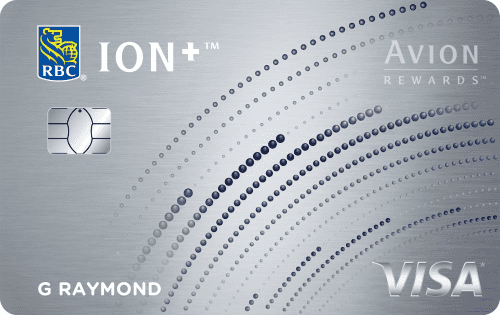
On RBC’s website
You can apply for the RBC ION+ Visa Card to get a higher earning rate for Avion points. It comes with a $48 annual fee.
This card earns 3x Avion points for every $1 spent on groceries, food delivery, rideshares, gas, daily transit, digital gaming, streaming, and EV charging.
On all other purchases, you earn 1 Avion point per dollar spent.
In addition to providing purchase security and extended warranty protection, the RBC ION+ Visa Card offers mobile device security, with coverage up to $1,000.
Like the RBC ION Visa, cardholders earn more points at Petro-Canada and Rexall when paying with their card. They also get a 3-month complimentary DashPass subscription.
The annual fee is rebated at $4 monthly if you have an RBC Signature No Limit Banking or RBC Advantage Banking for students account.
RBC Cash Back Mastercard
RBC Cash Back Mastercard
Entry-level RBC cash back card
Annual fee: $0
Rewards: Earn up to 2% cash back on high-spend categories.
Interest rates: 19.99% on purchases and 22.99% on cash advances.
Minimum income requirement: $0
Recommended credit score:
Good
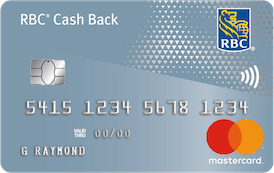
On RBC’s website
The RBC Cash Back Mastercard is great for grocery shopping. For a no-fee card, its level of cash back rewards makes it one of the best no-fee cash back credit cards in Canada.
You get 2% back on grocery purchases (on up to $6,000; 1% after) and up to 0.50% cash back on all other purchases up to $6,000 in spending (and 1% after that).
Cardholders also enjoy a 3-cent discount per litre of fuel purchased at Petro-Canada and 20% more in Petro-Points.
The RBC Cash Back Mastercard offers purchase protection for up to 90 days and extended warranty coverage that doubles the original manufacturer’s warranty for up to one extra year.
Alternative Student Credit Cards in Canada
These non-RBC student credit cards are great alternatives if you want your first credit card.
1. Tangerine Money-Back Credit Card
The Tangerine Money-Back credit card is my top choice for students with a personal income of approximately $12,000 per year.
This card offers unlimited 2% cash back rewards on up to three spending categories, including popular purchases like gas, groceries, pharmacy, and entertainment.
You earn 0.50% on all other purchases, and your cash back is paid out monthly, unlike other cards that pay it out once in the following year.
In addition, the card offers free purchase protection and extended warranty coverage.
The Tangerine credit card does not have an annual fee. Get more details.
Tangerine Money-Back Credit Card
Rewards: Earn up to 2% unlimited cash back in up to 3 spending categories and 0.50% on all other purchases.
Welcome offer: Get an extra 10% cash back on up to $1,000 in spending in the first 2 months ($100 value); 1.95% balance transfer rate for 6 months.
Interest rates: 19.95% for purchases, balance transfers, and cash advances.
Annual fee: $0
2. Scotiabank Scene+ Visa Card
Students looking for free movies and food would love the rewards offered by the Scotiabank Scene+ Visa.
To start, you get 5,000 points when you spend $750 in your first three months. This is worth four free general admission or 3D tickets.
The card offers 1 Scene+ point per $1 spent on everyday purchases and 5 points per $1 spent at Cineplex theatres or Cineplex.com.
You can also use the card to save up to 25% when renting a car at AVIS or Budget. Learn more in this SCENE Visa Card review.
Scene+ Visa Card
Rewards: Earn 2x Scene+ points /$1 at participating grocery stores and Cineplex; 1x points/$1 for everything else.
Welcome offer: Get up to 5,000 points ($50 value).
Interest rates: 19.99% on purchases; 22.99% on cash advances.
Annual fee: $0
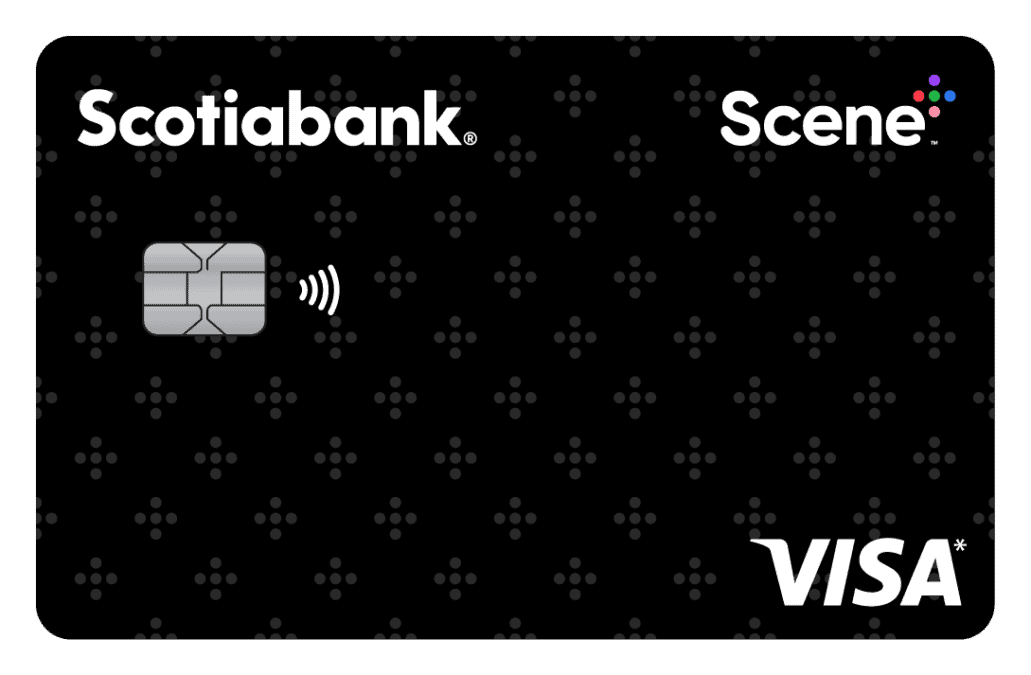
3. BMO CashBack Mastercard
The BMO credit card reward rate was recently changed, and it now offers 3% cash back on grocery purchases on the first $6,000 spent, 1% cash back on recurring bills (first $6,000), and 0.50% on everything else.
Cardholders also enjoy purchase protection, extended warranty, and up to 25% off car rentals at participating National and Alamo locations.
Learn more in this BMO Cash Back Mastercard review.
Student Credit Cards Explained
Student credit cards are credit cards designed for use by post-secondary students who are getting their first cards.
Similar to regular credit cards, you can use a student credit card to make payments and grow your credit score.
Generally, a student credit card has no or low annual fees, and the rewards are basic compared to a premium credit card. The credit limit is also “limited.”
Lastly, student credit cards are easy to qualify for since they have a very low personal income requirement.
Benefits of an RBC Student Credit Card
If you have a chequing account with RBC, e.g. RBC Student Banking, you get an RBC student debit card you can use for everyday purchases.
However, a chequing account rarely impacts your credit score because you are spending your money and not credit.
A credit card helps students build a credit history. Over time, this credit history or report translates into a three-digit number known as a credit score which lenders use to assess your ability to use credit responsibly.
In Canada, credit bureaus, TransUnion and Equifax, compute your score periodically using information reported to them by banks and lenders.
A very good to excellent credit score means that ceteris paribus, you can borrow money at a lower interest rate. Find out your credit score for free.
You can increase your credit score by paying your card balances on time, keeping a low balance of no more than 20% to 30% of your limit, correcting errors on your credit report, and not making too many credit applications at once.
Other benefits of an RBC student credit card include the following:
Rewards: You earn rewards in the form of cash back or points you can redeem for gift cards, travel, and merchandise.
Consumer protection: Some student credit cards offer insurance coverage for your purchases through purchase protection and extended warranty coverage.
Discounts: Enjoy discounts at select retailers, e.g. the RBC Cash Back Mastercard offers 3 cents per litre on fuel at Petro Canada stations.
Downsides of an RBC Student Credit Card
The no-annual-fee RBC student credit cards offer limited rewards, and you won’t get much for travel perks or benefits.
They also lack comprehensive insurance coverage.
RBC Overview
The Royal Bank of Canada is one of the biggest banks in the world and has over 86,000 employees in 36 countries, including Canada and the U.S.
RBC was founded in 1864 in Halifax, Nova Scotia.
The bank offers a complete suite of financial products and services to its customers, including chequing, savings, credit cards, loans, investments, insurance, and mortgages.
RBC was named the 2020 Celent Model Bank of the Year and is one of the Best Workplaces in Canada. The financial institution is traded under the ticker symbol “RY” on the Toronto and New York Stock Exchanges.
The main bank competitors to RBC are CIBC, TD, BMO, and Scotiabank.
Student Credit Card FAQs
Which RBC credit card is best for students?
I prefer earning real cash back to points and would choose the RBC Cash Back Mastercard over the RBC ION Visa. Both cards do not have an annual fee.
If your chequing account is with RBC, you may be able to waive the fee on the RBC ION+ Visa.
What is the best credit card for students in Canada?
While not designated as a student card, students who meet the $12,000 minimum personal income (e.g. if you earn roughly $1,000 per month) can apply for the Tangerine Money-Back card.
It offers up to 2% unlimited cash back in various categories, and you can also open no-fee chequing and savings accounts simultaneously.
Can I get a credit card if I’m a student?
If you are a post-secondary student who has reached the age of the majority in your province, you can apply for a student credit card.
The age of the majority is 18 in Alberta, Manitoba, Ontario, PEI, Quebec, and Saskatchewan. It is 19 years old in British Columbia, Newfoundland and Labrador, New Brunswick, Nova Scotia, Nunavut, Yukon, and the Northwest Territories.
In some cases, a credit card issuer may require you to get a co-signer before they approve your credit card application. If you have no income, you can also apply for a secured credit card.
What Canadian bank is best for students?
The Big Five banks have bank accounts for students that waive the monthly account maintenance fees and provide free transactions.
You can also opt for online bank offerings like Tangerine and Simplii Financial to enjoy unlimited free transactions.
Related: No Fee RBC Chequing Accounts.
